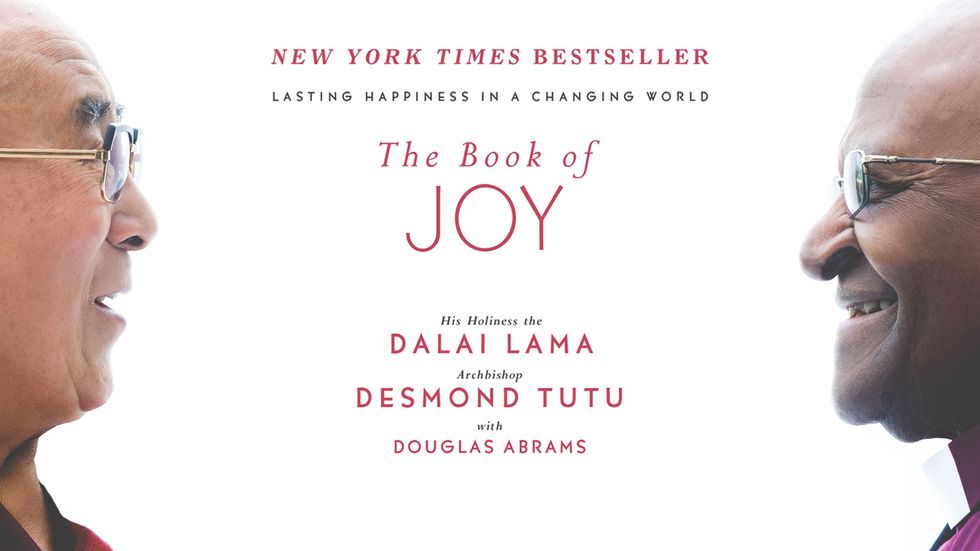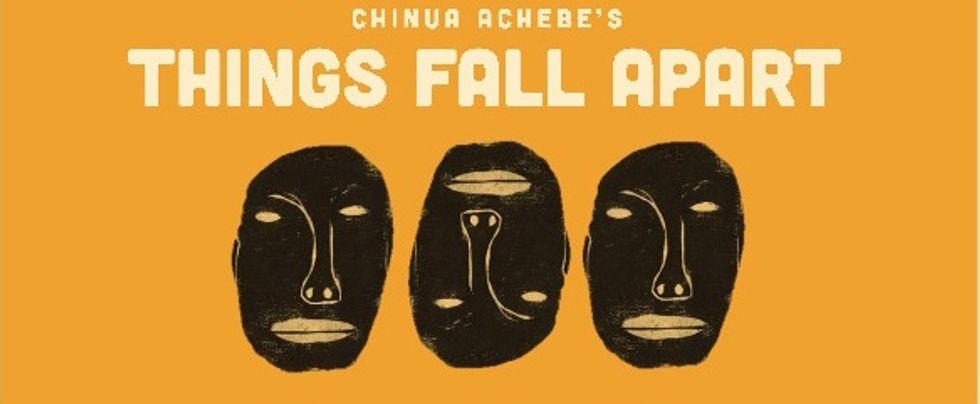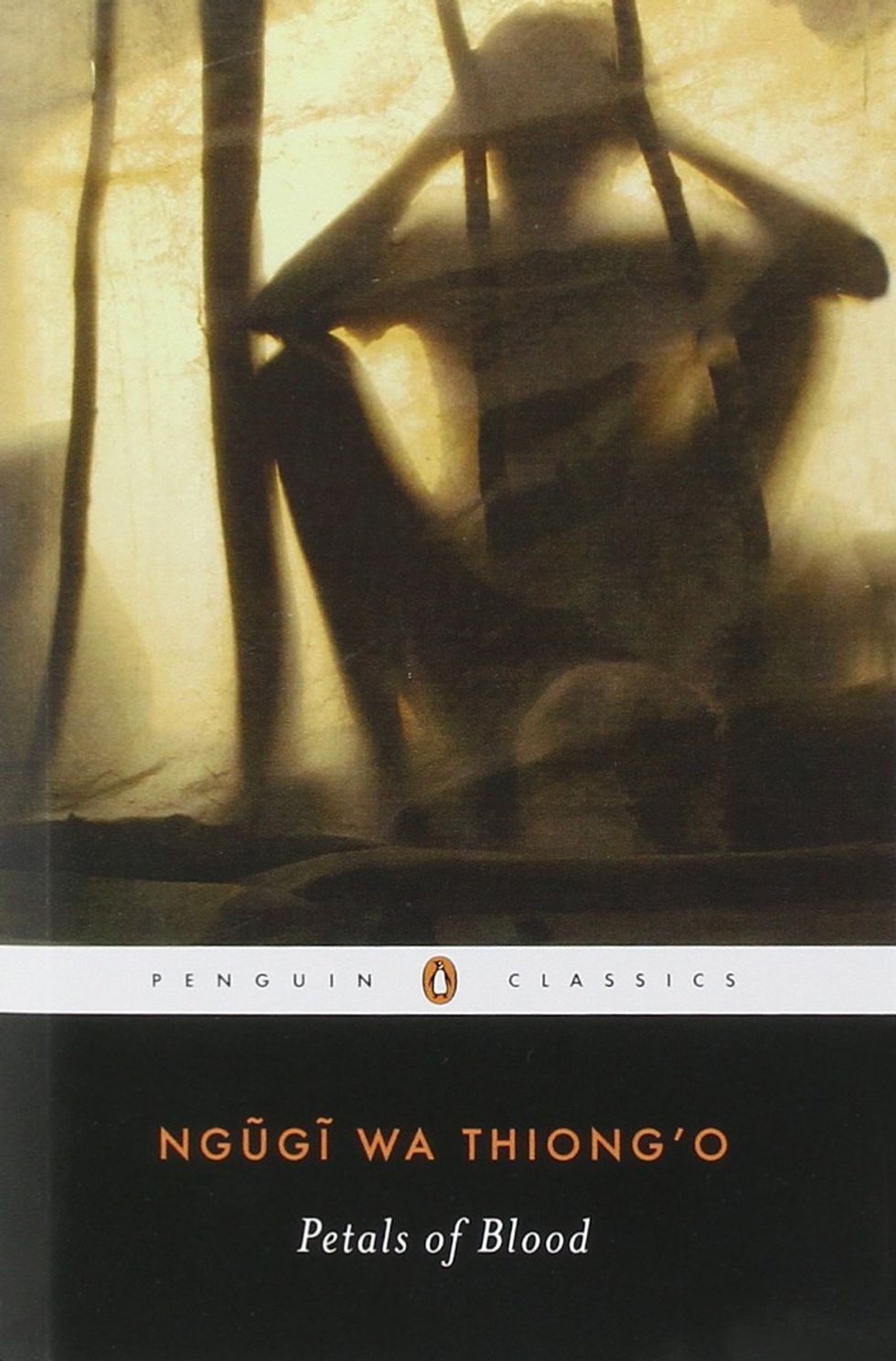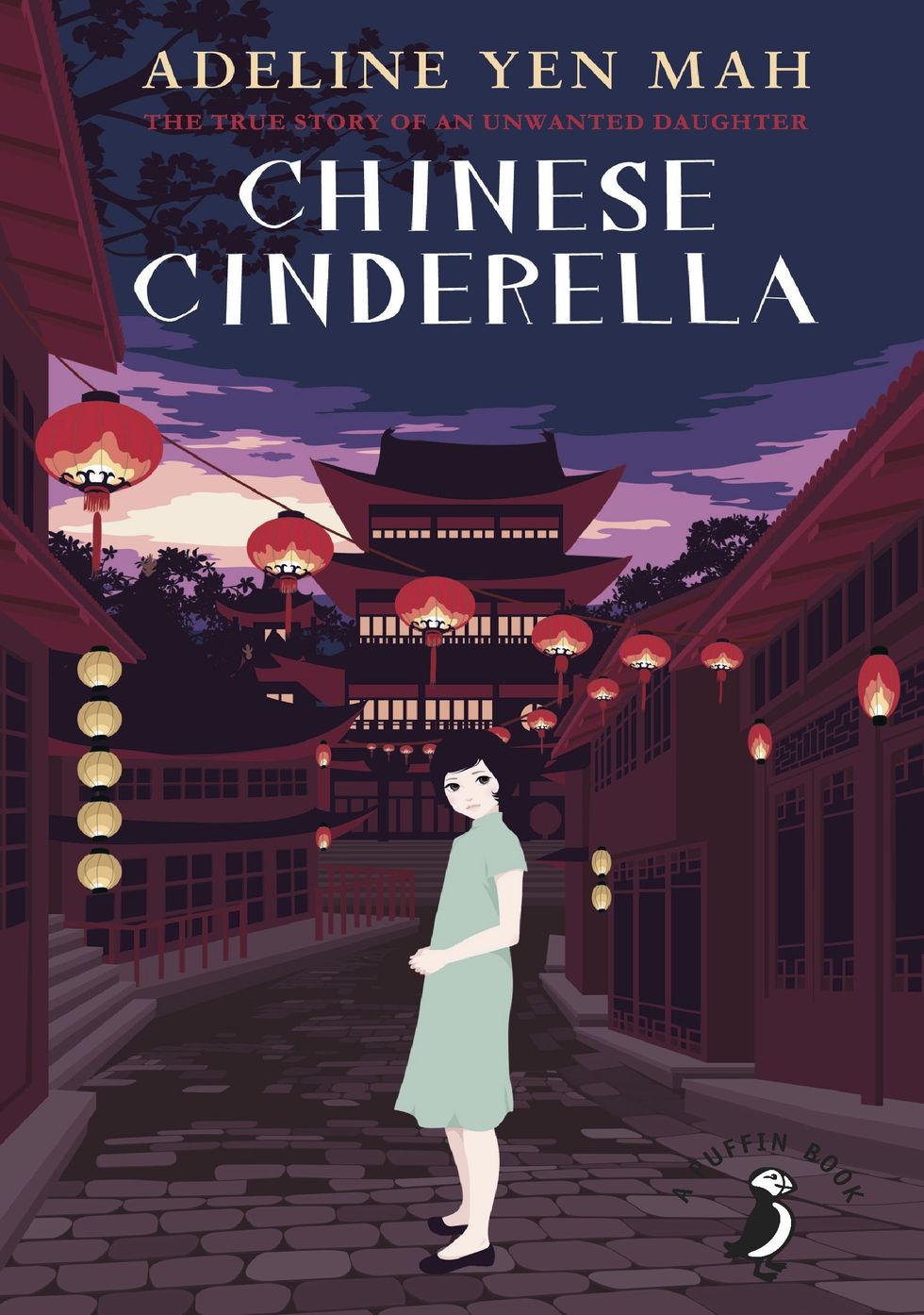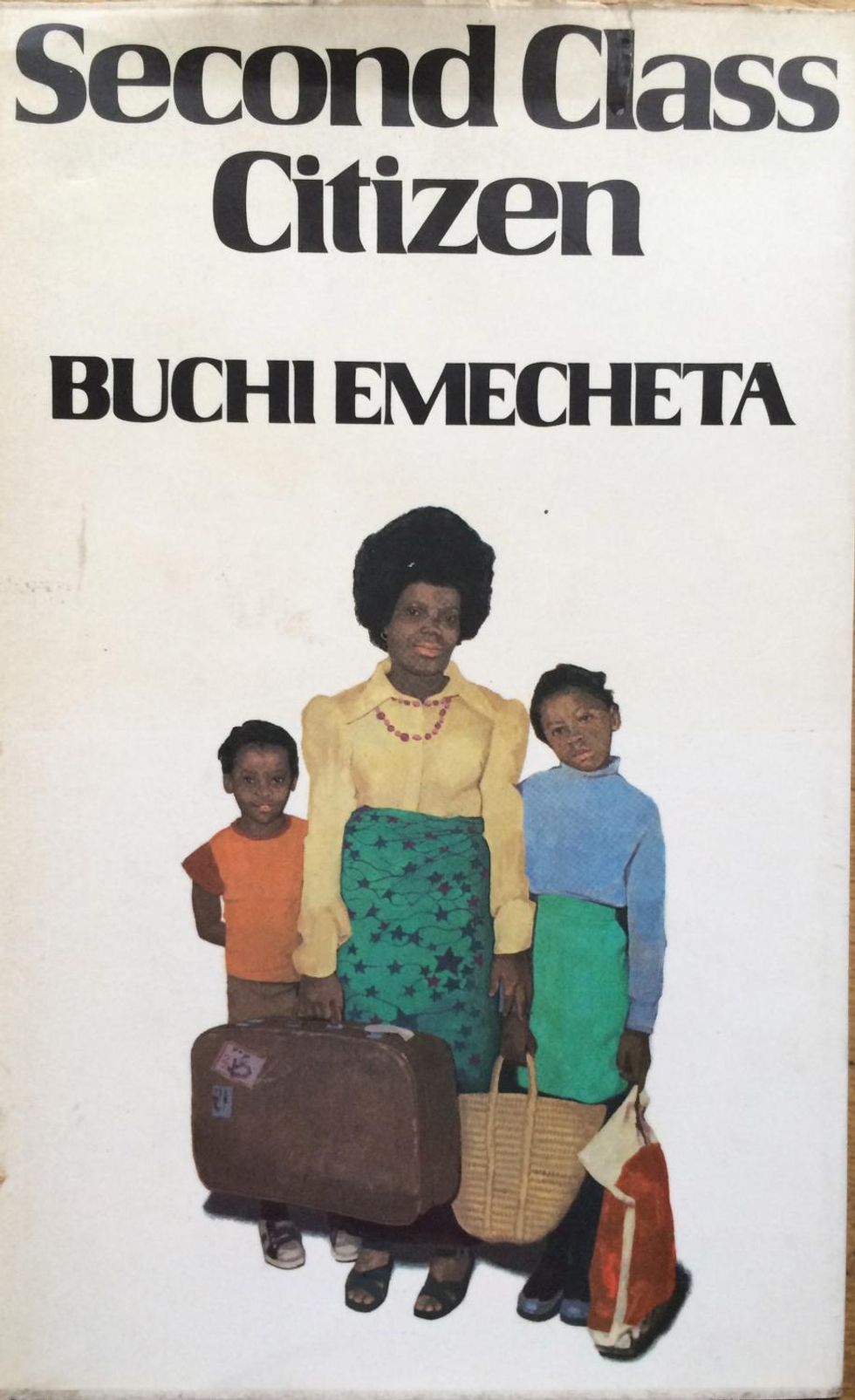For all those in college, you understand the dread of not being able to read a really good book. Sure, your professor will assign you some books and all, but they're not what you want to read and obsess over. After being in college for a while now, I am looking forward to going on co-op and having the chance to read some books, so here is a list of my favourite books, and books I am looking forward to reading soon.
1. "The Book of Joy" by the 14th Dalai Lama, Desmond Tutu and Douglas Carlton Abrams
 I bought this book last summer, and it has been sitting on my desk ever since! It is definitely number one on my list. I am not a full Buddhist, but I have always respected the 14th Dalai Lama, and I am interested in his ideas about the growth of compassion in the environment of oppression.
I bought this book last summer, and it has been sitting on my desk ever since! It is definitely number one on my list. I am not a full Buddhist, but I have always respected the 14th Dalai Lama, and I am interested in his ideas about the growth of compassion in the environment of oppression.
2. "Things Fall Apart" by Chinua Achebe
 For my politics class, I just read "Anthills of the Savannah" by the same author, and I was very interested in his take on post-colonial literature in Africa. The focus of this book is on pre- and post-colonial Nigeria, which is very different from "Anthills of the Savannah" where Achebe talks about the same problems, but via the context of a fictional African republic - Kangan. The reason why that book is not on the list is because of another book that is very similar in nature that is up in number 3.
For my politics class, I just read "Anthills of the Savannah" by the same author, and I was very interested in his take on post-colonial literature in Africa. The focus of this book is on pre- and post-colonial Nigeria, which is very different from "Anthills of the Savannah" where Achebe talks about the same problems, but via the context of a fictional African republic - Kangan. The reason why that book is not on the list is because of another book that is very similar in nature that is up in number 3.
3. "Petals of Blood" by Ngũgĩ wa Thiong'o
 This is a book I read in high school for my IB Lang and Lit class. Much like Achebe's novels, wa Thiong'o also discusses the realities of living in a post-colonial country, in this case, it is Kenya. This book had a huge impact on me, as I discovered the genre of post-colonial writing through this author. Prior to that, despite coming from a post-colonial country, I had very little exposure to such satirical writings. This book interests me because it was the last book that wa Thiong'o wrote in English. After this, he decided to only write in Swahili and his native language of Gikuyu. He made this decision as he saw writing in English as a neo-colonial force, and that if he was writing content about his own culture and country, he should not do it in the oppressor's tongue.
This is a book I read in high school for my IB Lang and Lit class. Much like Achebe's novels, wa Thiong'o also discusses the realities of living in a post-colonial country, in this case, it is Kenya. This book had a huge impact on me, as I discovered the genre of post-colonial writing through this author. Prior to that, despite coming from a post-colonial country, I had very little exposure to such satirical writings. This book interests me because it was the last book that wa Thiong'o wrote in English. After this, he decided to only write in Swahili and his native language of Gikuyu. He made this decision as he saw writing in English as a neo-colonial force, and that if he was writing content about his own culture and country, he should not do it in the oppressor's tongue.
4. "Chinese Cinderella" by Adeline Yen Mah
 Like most young girls I was obsessed with Disney princesses. So when I went to the bookshop to pick out a book about a princess, I took this thinking it was a fairytale about a Chinese princess. I was intrigued, I had never seen an Asian princess on Disney (Mulan was more of an all-around badass soldier). While this story was not pretty and pink, it did open my eyes to the realities of the status that women have in Chinese culture. I hope to have time to read one of my favourite books from my childhood again quite soon!
Like most young girls I was obsessed with Disney princesses. So when I went to the bookshop to pick out a book about a princess, I took this thinking it was a fairytale about a Chinese princess. I was intrigued, I had never seen an Asian princess on Disney (Mulan was more of an all-around badass soldier). While this story was not pretty and pink, it did open my eyes to the realities of the status that women have in Chinese culture. I hope to have time to read one of my favourite books from my childhood again quite soon!
5. "Second Class Citizen" by Buchi Emecheta
 This was a book assigned to me for one of my history classes. It was a book we were being tested on, so I did not have the joy of being able to devour this book like I usually do. The book takes on an interesting topic: the intersection of being a racial minority and a woman, especially in a culture where women hold no importance in society. Put into the mix a move to the UK, where the culture also holds extremely racist notions, and gender expectations and norms that do not exceed those of Nigeria.
This was a book assigned to me for one of my history classes. It was a book we were being tested on, so I did not have the joy of being able to devour this book like I usually do. The book takes on an interesting topic: the intersection of being a racial minority and a woman, especially in a culture where women hold no importance in society. Put into the mix a move to the UK, where the culture also holds extremely racist notions, and gender expectations and norms that do not exceed those of Nigeria.
